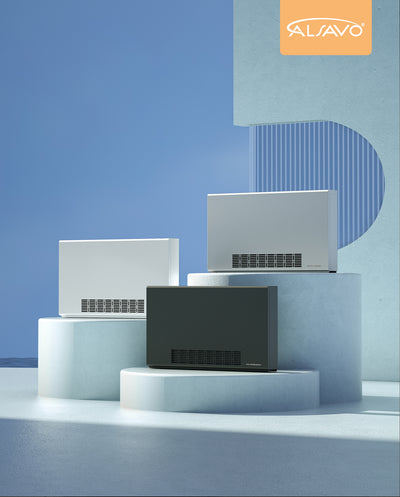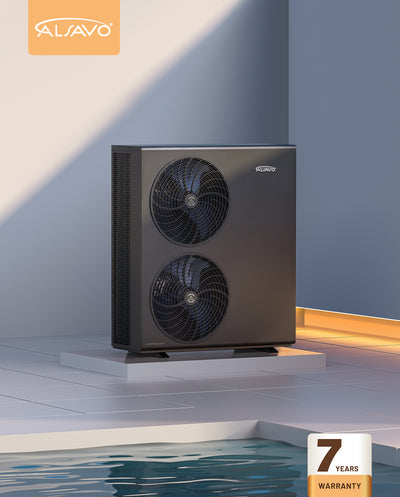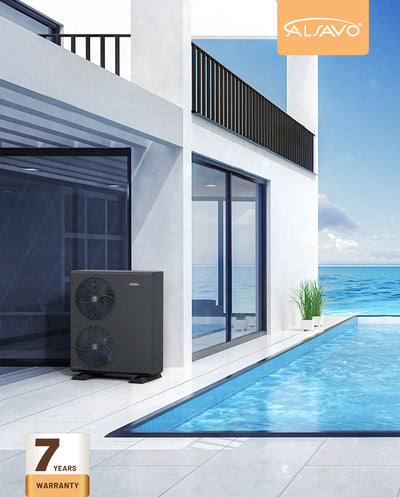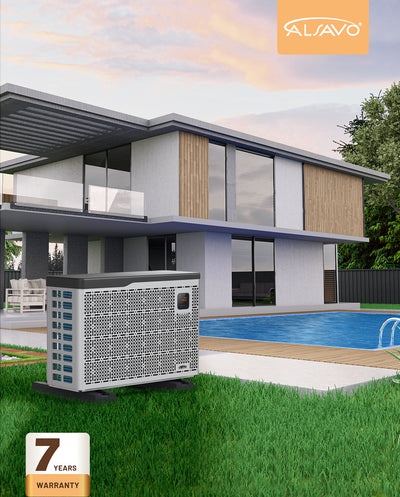When it comes to heating and cooling systems, two commonly discussed options are heat engines and heat pumps. Both serve the purpose of regulating temperature, but they differ in their working mechanisms and applications. Understanding the distinctions between these systems is crucial when determining which one is right for your specific needs. In this article, we will delve into the world of heat engines and heat pumps, exploring their working mechanisms, benefits, and considerations to help you make an informed decision.
Heat engines, as the name suggests, are devices that convert heat energy into mechanical work. They typically operate by utilizing a fuel source, such as gas or oil, to generate heat. This heat is then used to create steam or high-pressure gases, which in turn power an engine or turbine. The mechanical work produced can be utilized for various applications, such as generating electricity or propelling vehicles. Heat engines have been widely used in industrial settings and power generation plants.
On the other hand, heat pumps are devices that transfer heat from one location to another. They utilize a refrigerant to extract heat from a low-temperature source, such as the outside air or the ground, and transfer it to a higher-temperature area, such as the interior of a building. Heat pumps can provide both heating and cooling functions, making them versatile systems for maintaining comfortable indoor temperatures. This is achieved through the use of a compressor, condenser, evaporator, and expansion valve, which work together to facilitate the heat transfer process.
Now, let's explore which option is better suited for your needs.
1. Efficiency and Energy Savings Between Heat Engine and Heat Pump:
Efficiency and energy savings are crucial factors to consider when choosing between a heat engine and a heat pump. Heat pumps, especially air source heat pump with TUV A+++ ratings, have gained recognition for their exceptional energy efficiency. These systems can extract heat from the outdoor air, even in colder temperatures, making them highly efficient in providing heating and cooling. By utilizing renewable energy sources, such as heat from the air, heat pumps reduce reliance on traditional fossil fuels and contribute to lower carbon emissions. This not only helps the environment but also translates into significant energy savings for homeowners and businesses. In contrast, heat engines may have lower energy efficiency, especially when compared to modern heat pump technologies.
2. Heating and Cooling Capabilities:
When it comes to heating and cooling capabilities, heat pumps offer a distinct advantage over heat engines. Heat pumps are designed to provide both heating and cooling functions, making them versatile and cost-effective solutions for year-round comfort. During colder months, heat pumps extract heat from the outdoor air, ground, or water source and transfer it indoors to heat the space. In warmer months, the process is reversed, with the heat pump extracting heat from the indoor space and releasing it outside, effectively cooling the area. This dual functionality eliminates the need for separate heating and cooling systems, simplifies installation, and ensures consistent indoor comfort throughout the year. Heat engines, on the other hand, are primarily focused on generating mechanical work and may not be suitable or efficient for cooling applications.
3. Environmental Impact:
Considering the environmental impact is crucial when choosing between a heat engine and a heat pump. Heat pumps, particularly air source heat pumps, have gained popularity due to their low carbon footprint. They utilize renewable energy sources, such as ambient heat from the air, to provide efficient heating and cooling. By reducing reliance on fossil fuels, heat pumps help mitigate greenhouse gas emissions and contribute to a greener future. Choosing an air source heat pump manufacturer that prioritizes sustainability ensures that you're investing in an environmentally friendly solution. On the other hand, heat engines typically rely on combustion of fossil fuels, which can contribute to air pollution and carbon emissions. By opting for a heat pump, you can make a positive impact on the environment by reducing your carbon footprint and promoting sustainability.
4. Maintenance and Longevity:
When it comes to maintenance and longevity, heat pumps generally require less maintenance and offer longer lifespans compared to heat engines. Heat pumps are built with durable components and often have fewer moving parts, resulting in reduced wear and tear. Regular check-ups, filter cleaning, and professional servicing are essential to ensure optimal performance and longevity for both heat engines and heat pumps. However, heat engines, being complex mechanical systems, may require more frequent maintenance and repairs. By properly maintaining your heat pump, you can enjoy reliable and long-lasting performance, minimizing the need for costly repairs or replacements. Investing in routine maintenance can extend the lifespan of your heating and cooling system, providing you with efficient, reliable, and cost-effective comfort for years to come.
5. Consider Your Specific Needs:
When choosing between a heat engine and a heat pump, it's crucial to consider your specific needs. Evaluate factors such as the size of the space you need to heat or cool, the climate in your region, and your budget. Heat engines may be more suitable for industrial settings or power generation, whereas heat pumps provide efficient and versatile heating and cooling solutions for residential and commercial spaces. Consider the level of control you desire over temperature settings, the availability of fuel sources, and the overall energy efficiency goals you have. Consulting with HVAC professionals or heat pump specialists can provide valuable insights and help you assess your needs accurately. By considering your specific requirements, you can make an informed decision and choose the system that best aligns with your heating and cooling needs.
In conclusion, choosing between a heat engine and a heat pump requires careful consideration of various factors, including energy efficiency, heating and cooling capabilities, environmental impact, maintenance requirements, and your specific needs. While heat engines have their applications in industrial settings and power generation, heat pumps offer efficient and versatile heating and cooling solutions for residential and commercial spaces. Look for trusted air source heat pump companies and air source heat pump manufacturers that prioritize energy efficiency, verified reliability, and environmental sustainability. By making an informed decision, you can ensure optimal comfort, energy savings, and a greener future for your heating and cooling needs.






